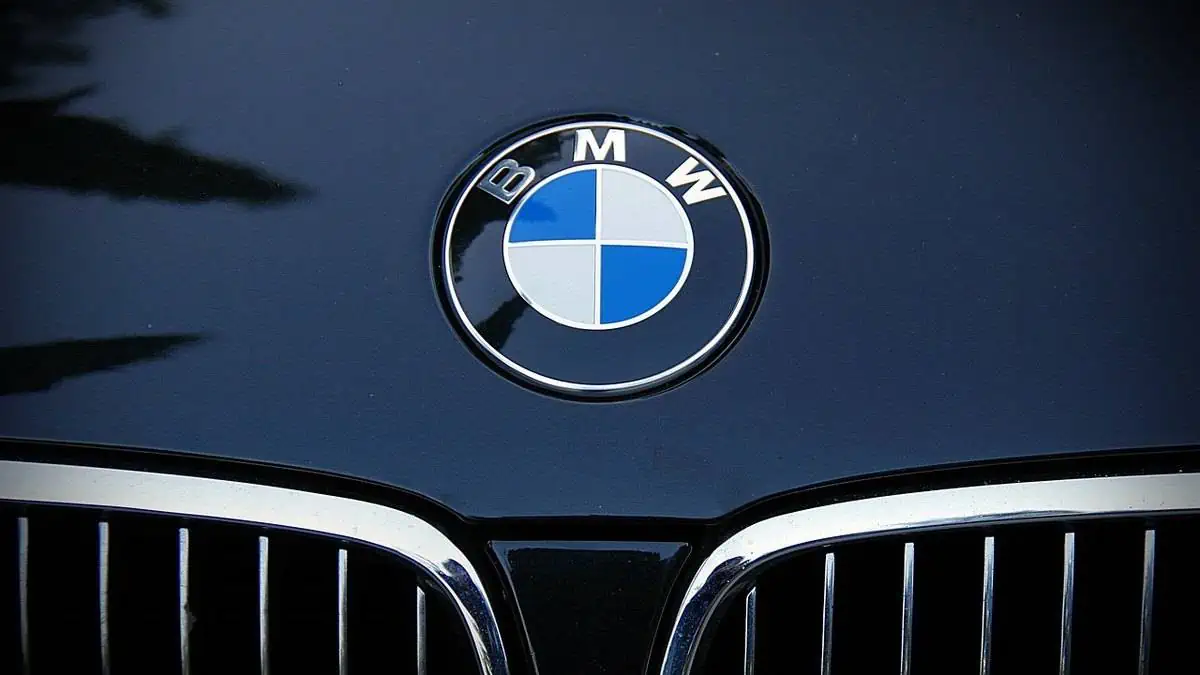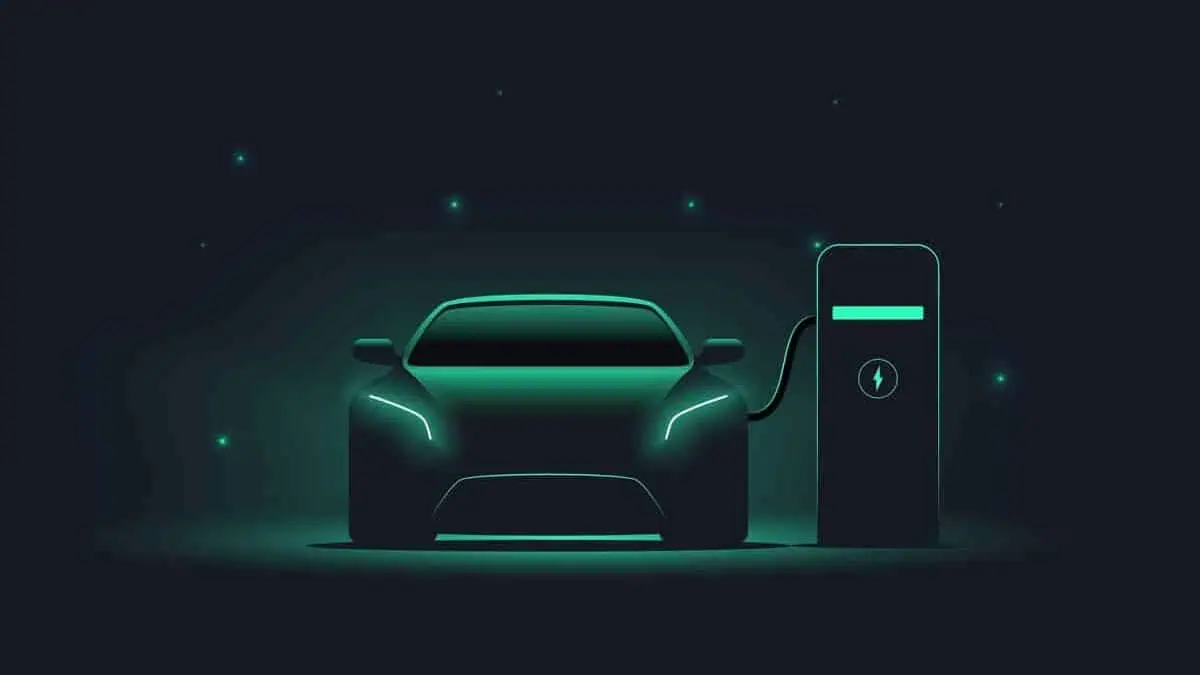The German luxury automaker BMW is not known for having cost-friendly vehicles. However, according to the manufacturer’s CEO, Oliver Zipse, BMW will not cease the lower-priced auto segment as it enters a new electric period, as per Electrek.
Are lower-price EVs coming to BMW?
“We are not leaving the lower market segment. Even if you consider yourself a premium manufacturer, it is wrong to leave the lower market segment – that will be the core of your business in the future.” said Zipse at an event hosted by Bosch.
The company released its Q3 earnings last week, emphasizing that it expects to double EVsales in 2022 though it remains cautious as growing interest rates and material costs are pressuring orders.
In addition, BMW has some high-profile EV releases like its BMW i7, launching this month (with over $119,000 starting price), and the recently unveiled Rolls Royce Spectre, priced over $400,000.
Mercedes-Benz to dedicate 75% of investments to top-end and core luxury segments
BMW’s comments contrast with recent statements from the German luxury rival Mercedes-Benzplanning to allocate three-fourths of its investments into high-quality and core luxury segments.
“Mercedes-Benz said in July it was dedicating 75% of its investments to top-end vehicles and its highest-selling segment of “core luxury” C-Class and E-Class models while cutting the number of entry-level models,” said Reuters.
“BMW’s chief financial officer warned last week that although sales of fully electric vehicles were expected to double this year from 2021 levels, the company expected rising inflation and interest rates to weigh on incoming orders, particularly in Europe.”
BMW to add EVs in all segments before the end of the decade
BMW is considering adding EV and battery manufacturing capabilities in the US to meet increasing demand charged by climate initiatives, with a $1.7 billion investment in October.
The automaker aims to introduce EVs in all segments, with at least six all-electric models coming by the decade’s end.
BMW’s success continues
BMW Group is still on the path to success as its transformation continues. The company delivered a strong operating performance in Q3.
“Our solid third-quarter results underline that flexibility creates resilience. Especially under volatile conditions, our globally balanced footprint and technology-open approach are proving to be a key success factor.” said Zipse.
“That is why, after nine months, we are on track to meet out targets for the year. The market success of our fully-electric models, in particular, means we can look forward to the coming months with confidence.”
The significant sales growth of fully-electric and electrified vehicles also reflects in the decrease of CO2 emissions in the EU’s new vehicle fleet.
Based on the current data, the automaker could surpass its previous target and lower its EU fleet emissions by 5-10% year-on-year. A slight reduction of up to -4.9% was previously planned.






